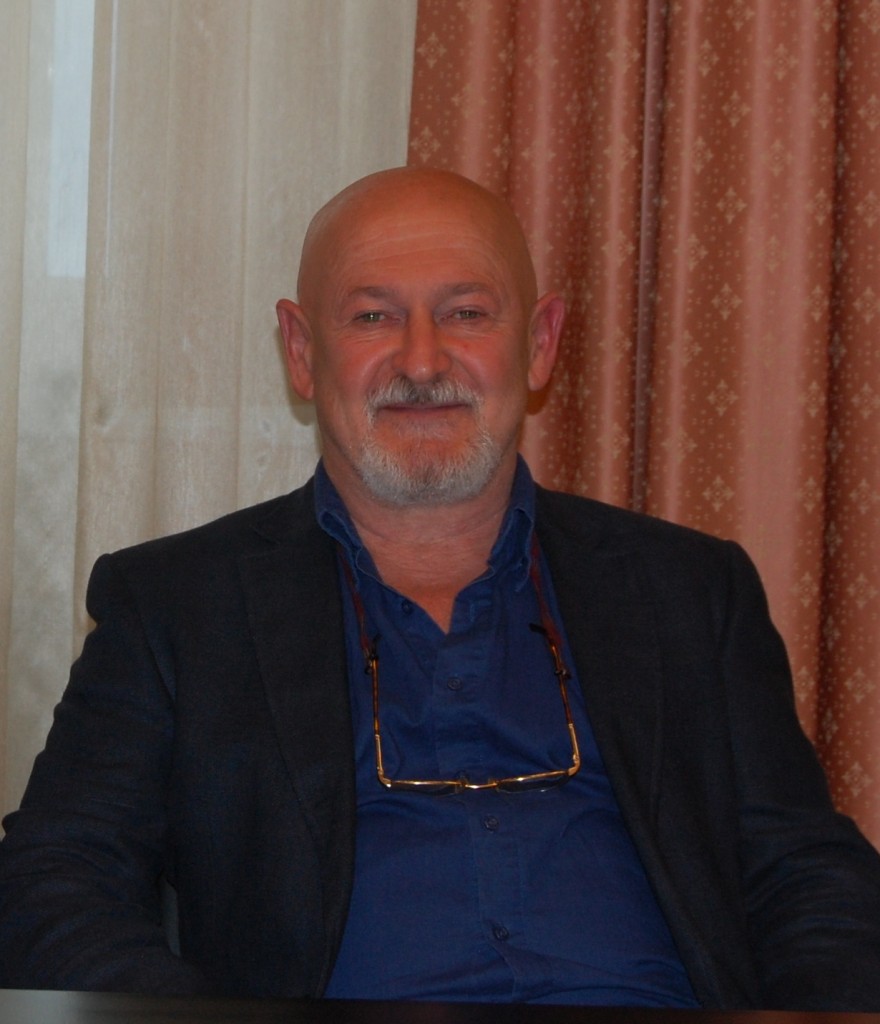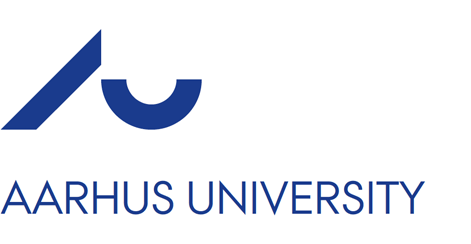Aarhus University
Aarhus University (Denmark) covers nine main academic areas including basic, applied, and strategic research as well as research-based advice to the authorities. In 2009 the university had 30,000 students, 1500 PhD students and 550 postdoctoral scholars. In the Shanghai ranking (ARWU) for 2010, Aarhus University is No 98. The Department of Agroecology has a strong background and expertise in soil quality, nutrient and water management, crop physiology and cropping systems, environmental risk assessment, biological control, models and decision support systems at farm level. The Department has a long track record in activities concerning biotechnology and GM risk assessment, both in Europe and in the developing countries, with several international projects in Africa, Central America and Asia. The Department has authorised biosafety laboratories, semi-field and field facilities to support experimental work with GMO.
Role
AU main task is to lead WP2 (Biogeographic regions and protection goals), where his role is the establishment of baselines and ecosystem service assessment in various European regions. Au also leads task 4.2.1 (selection of appropriate above-ground non-target organisms for biosafety tests), and will host one of the field sites for comparing the effect of GM vs. non-GM maize in biodiversity and ecosystem services, and assist other partners in WPs 4.3, and 5. AU will also take part in the dissemination of project results (WP 9). Senior Scientist Gabor Lövei (work package leader) is also a member of the Project Management Team. Other involved participant is Dr. Niels Holst.
Staff members’ profiles
 Gabor L. Lövei, Ph.D., DSc, Senior Scientist, has worked on GMO ecological impact assessment since 1994, first initiating such research in New Zealand (1994-1998), then setting up similar research activities in DIAS & successors (1999-current). The studies concentrate on impact of GM plants on beneficial ecological mechanisms and involve soybean, cereals, cotton, and several species of predatory and parasitoid arthropods and honey bees. He is involved in several international co-operations in GMO research, has organised six international symposia, a European Science Foundation symposium, and published 39 papers, book chapters and reports in this area. He was financial coordinator of the EU-funded COTRAN project assessing environmental consequences of the use of Btcotton in China, a convener of the IOBC Global Working Group on GMOs and a member of the Danish Roseter of experts of the Cartagena Protocol. He is on the expert panel of the European Food satefy Authority, Plant Health, and ad hoc expert to the GMO Panel.
Gabor L. Lövei, Ph.D., DSc, Senior Scientist, has worked on GMO ecological impact assessment since 1994, first initiating such research in New Zealand (1994-1998), then setting up similar research activities in DIAS & successors (1999-current). The studies concentrate on impact of GM plants on beneficial ecological mechanisms and involve soybean, cereals, cotton, and several species of predatory and parasitoid arthropods and honey bees. He is involved in several international co-operations in GMO research, has organised six international symposia, a European Science Foundation symposium, and published 39 papers, book chapters and reports in this area. He was financial coordinator of the EU-funded COTRAN project assessing environmental consequences of the use of Btcotton in China, a convener of the IOBC Global Working Group on GMOs and a member of the Danish Roseter of experts of the Cartagena Protocol. He is on the expert panel of the European Food satefy Authority, Plant Health, and ad hoc expert to the GMO Panel.

